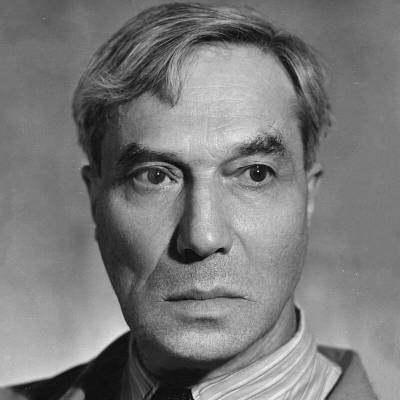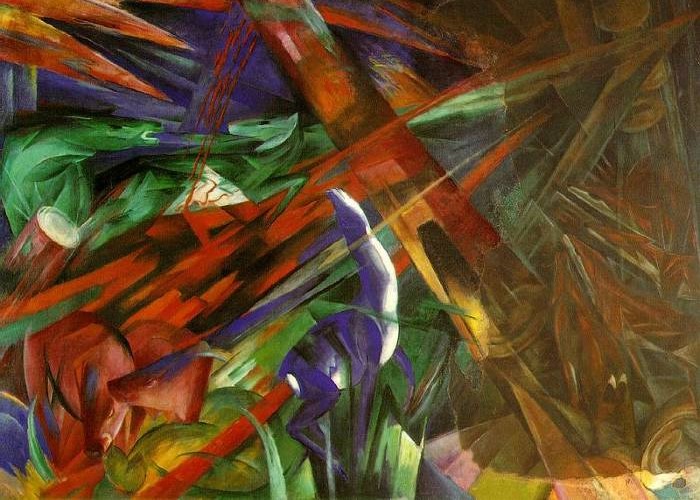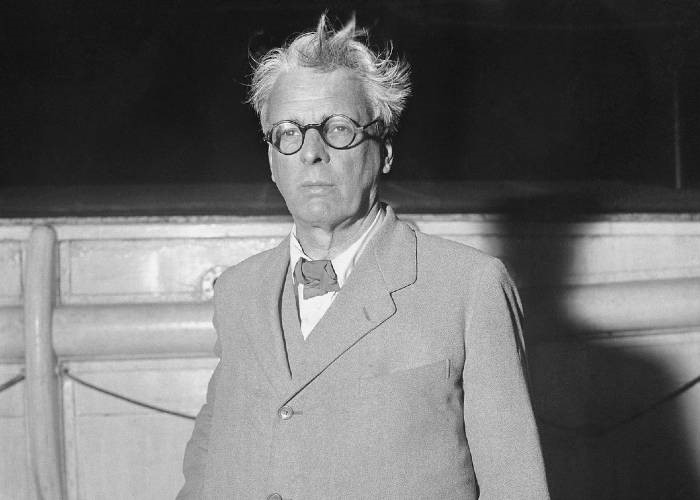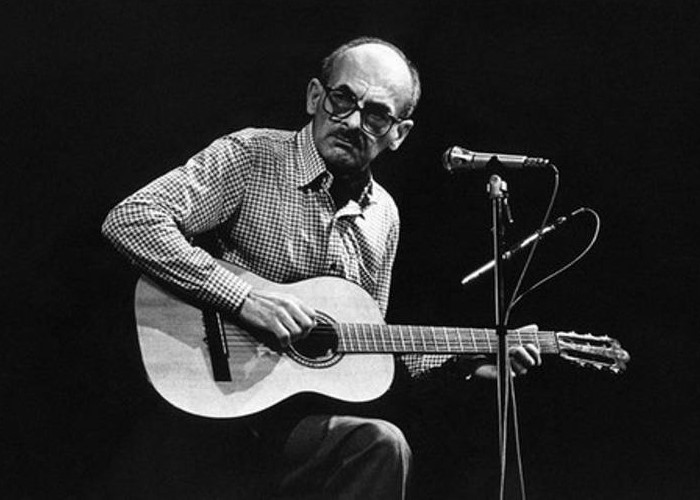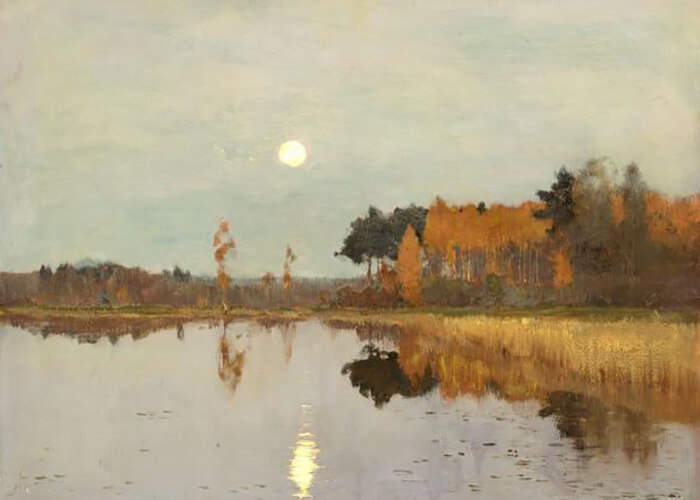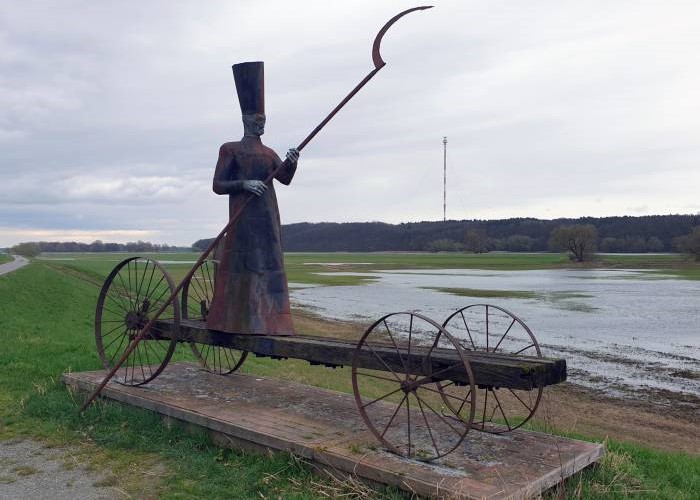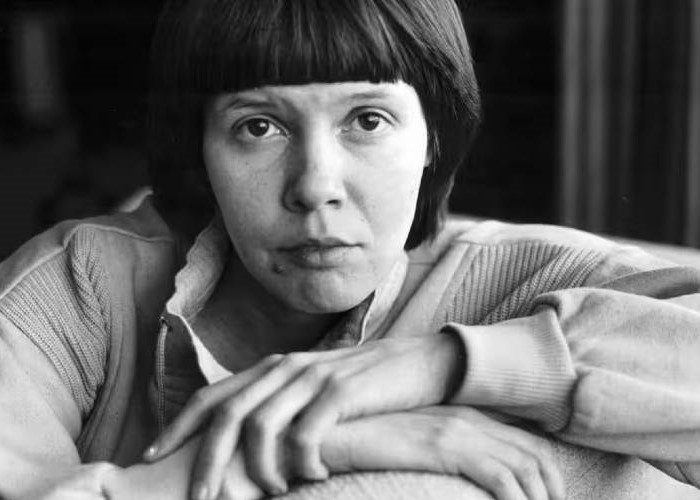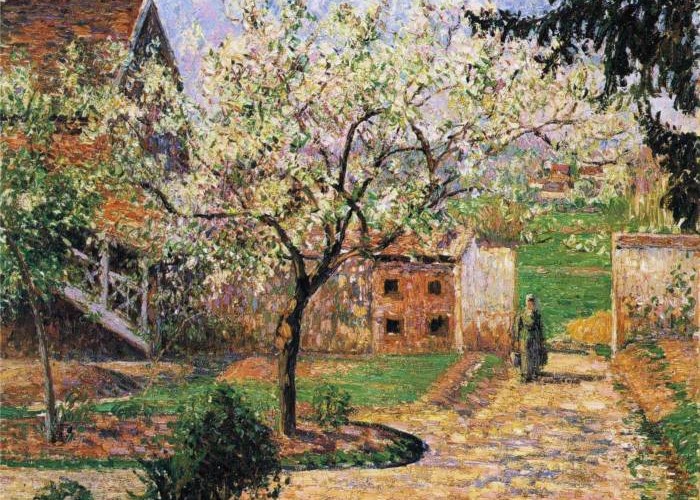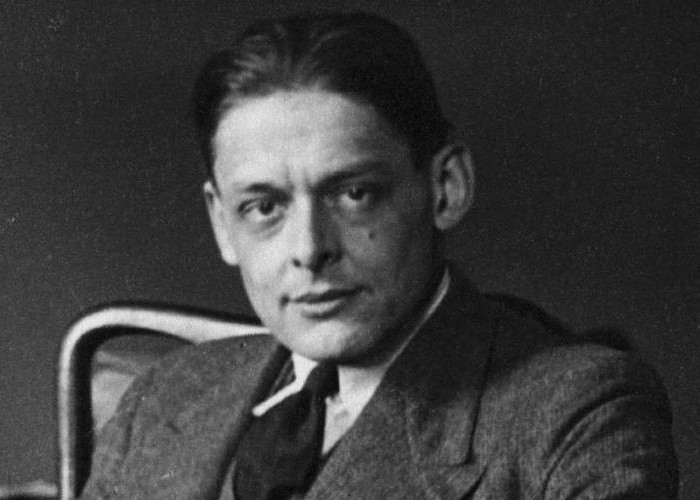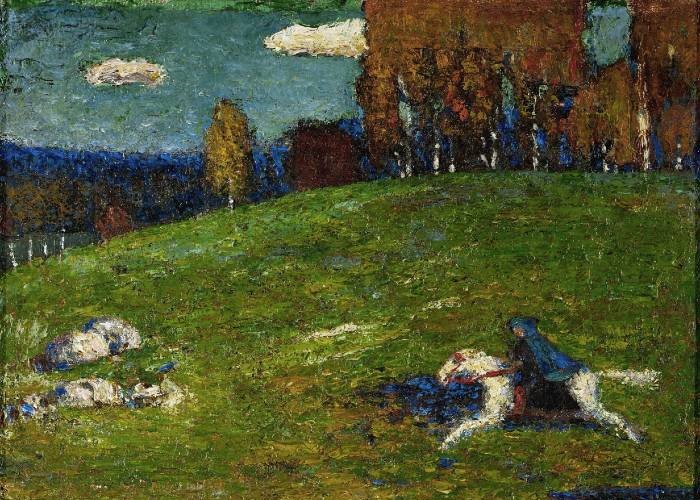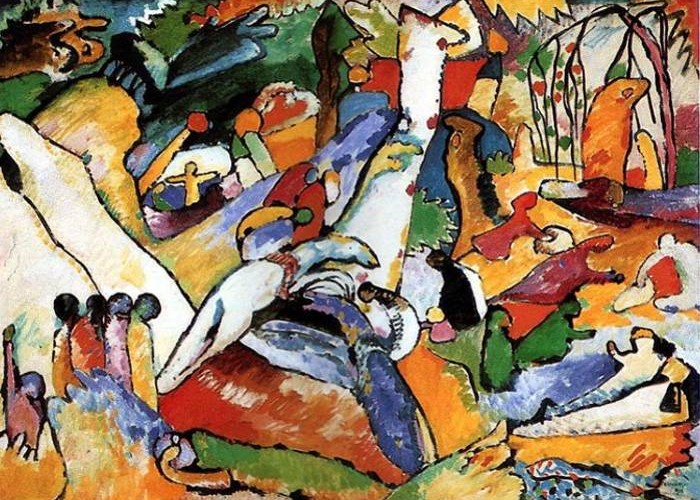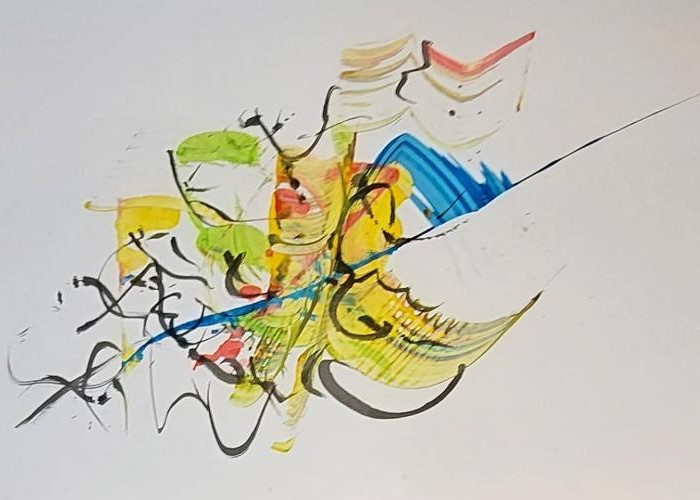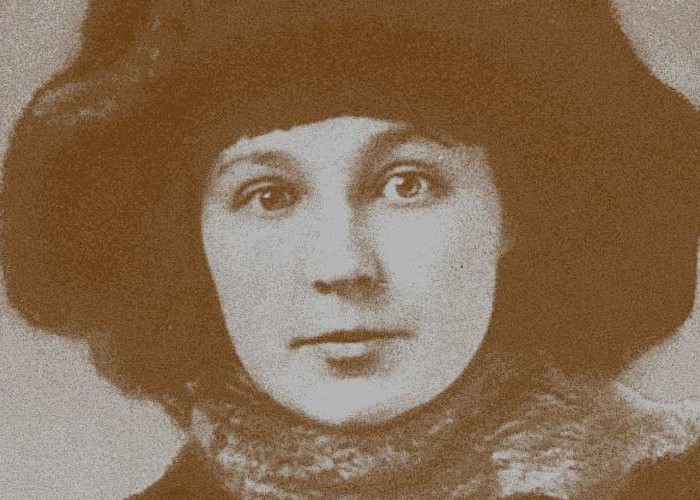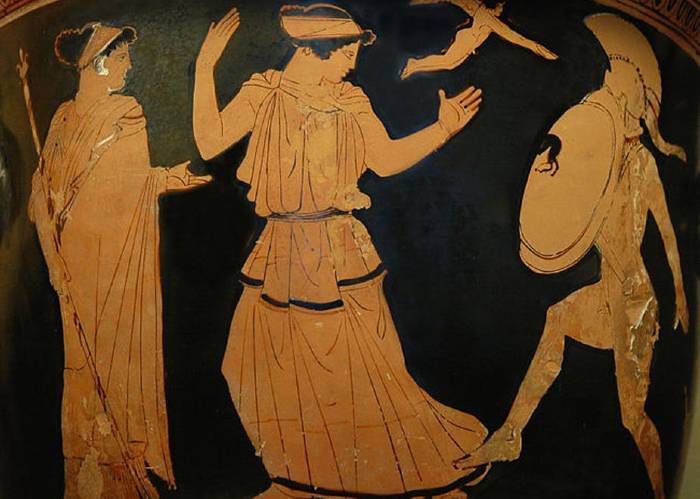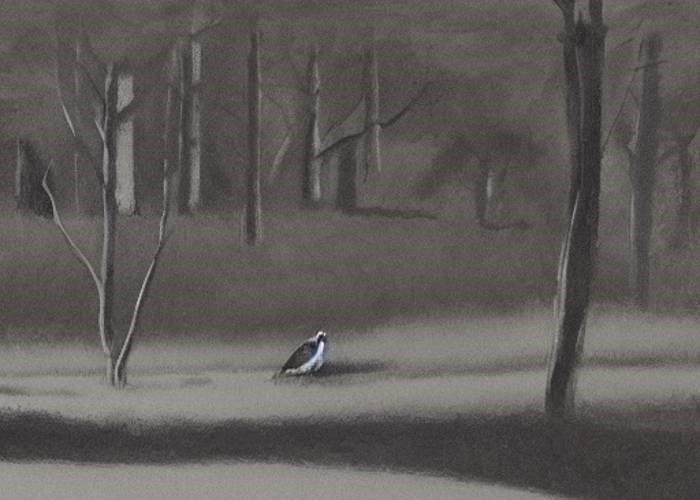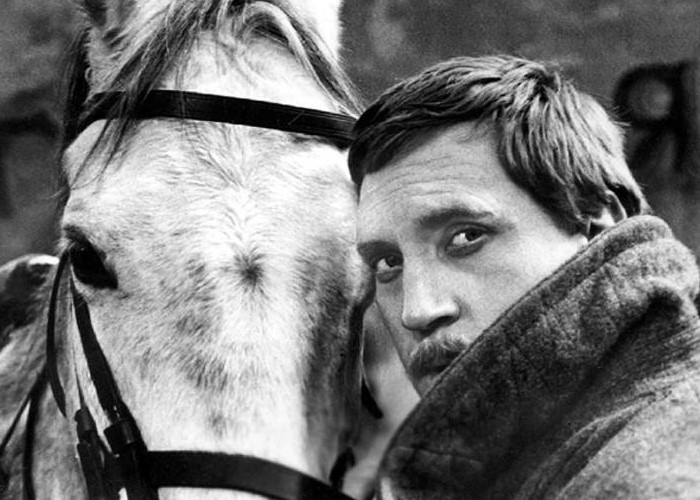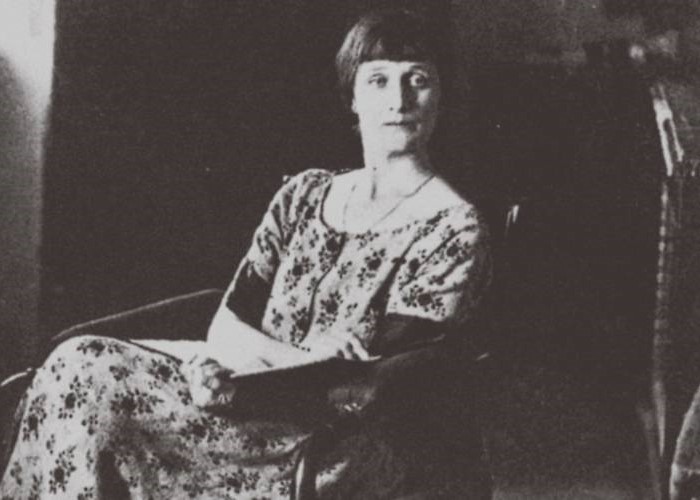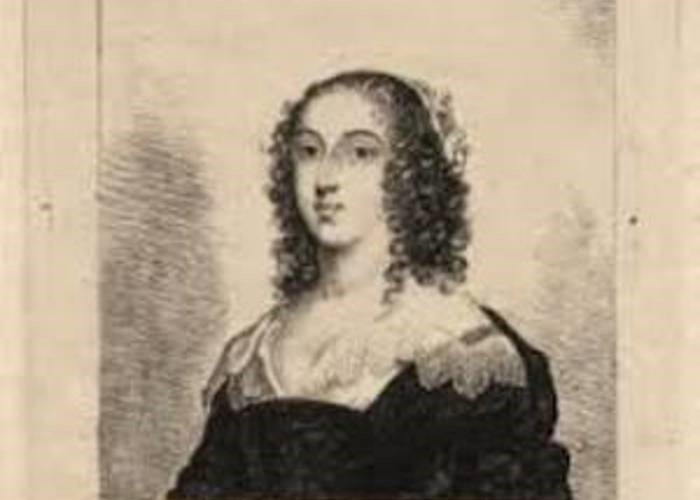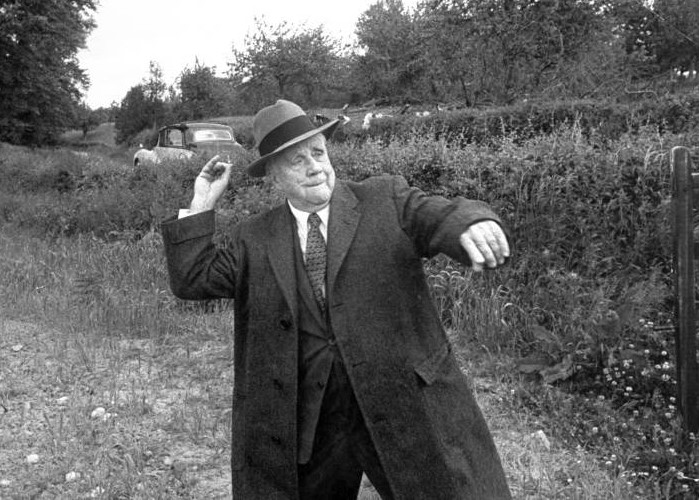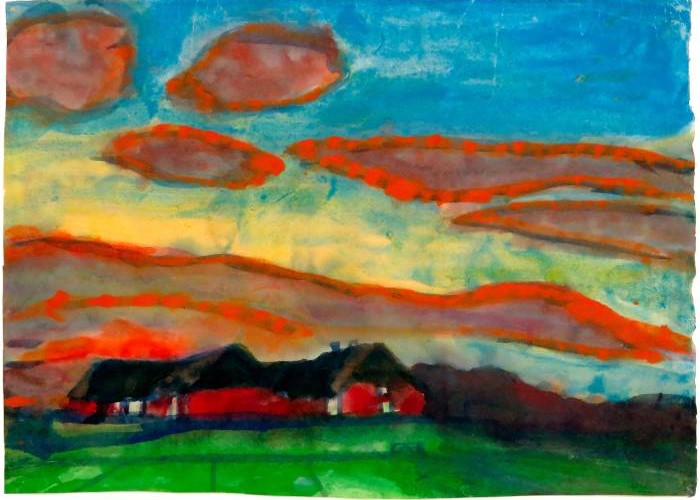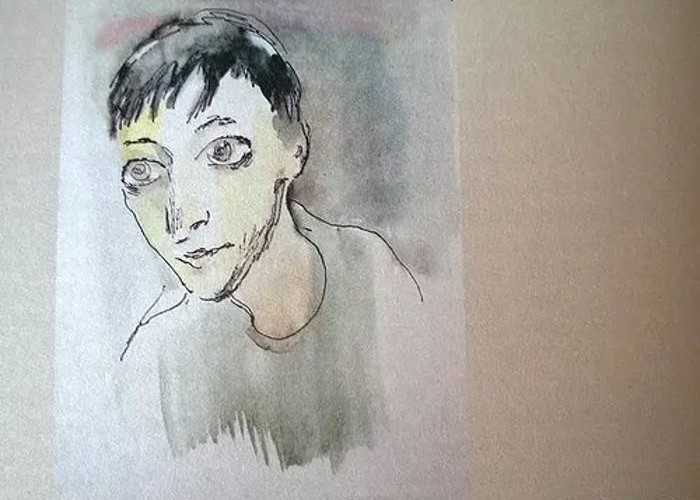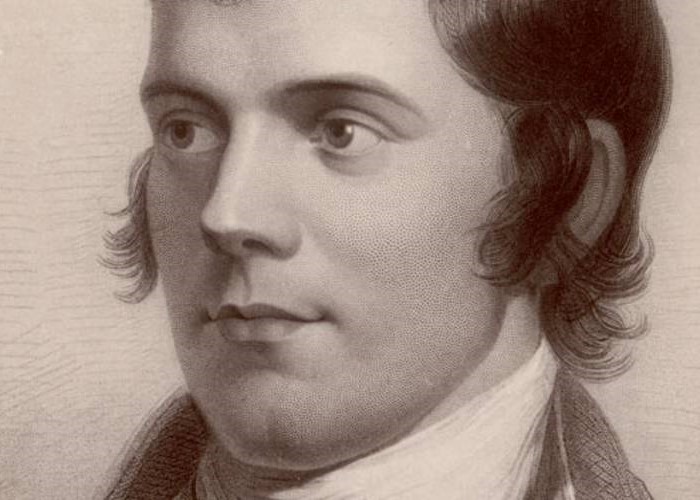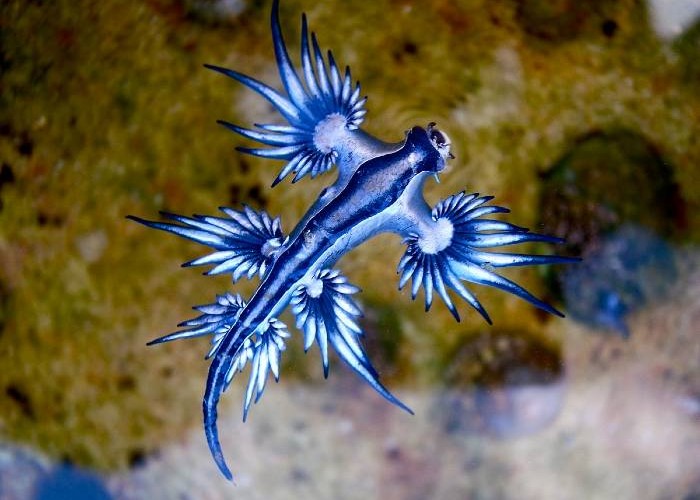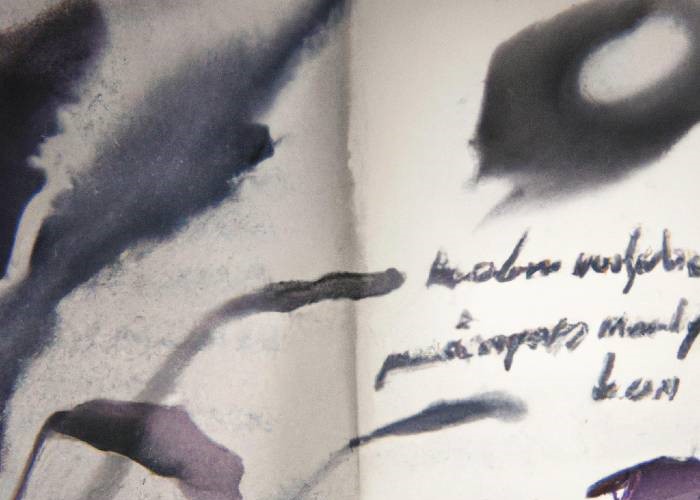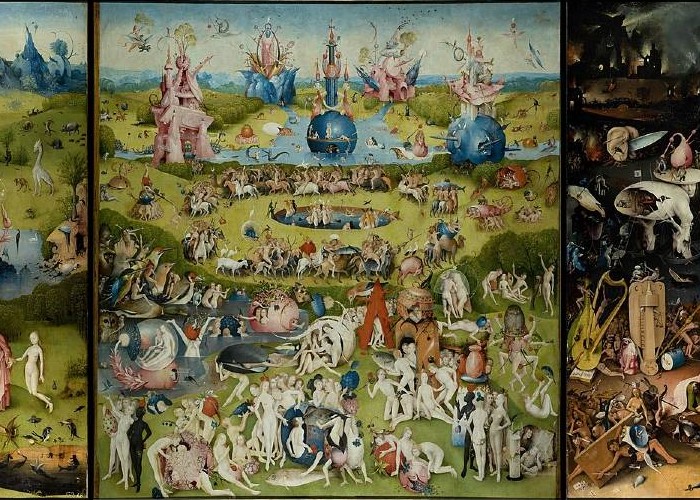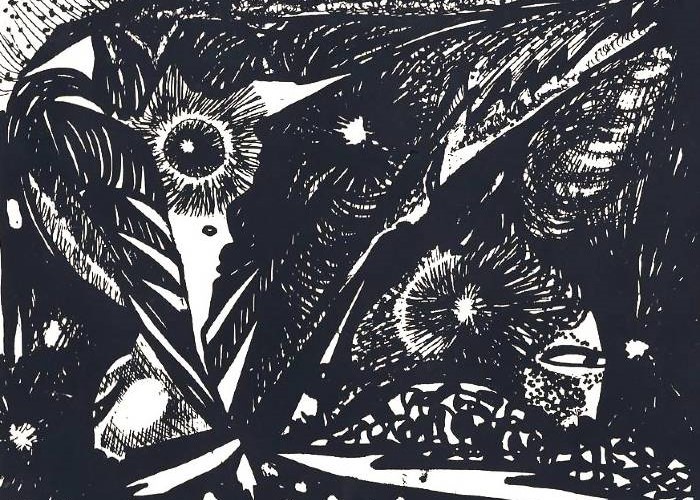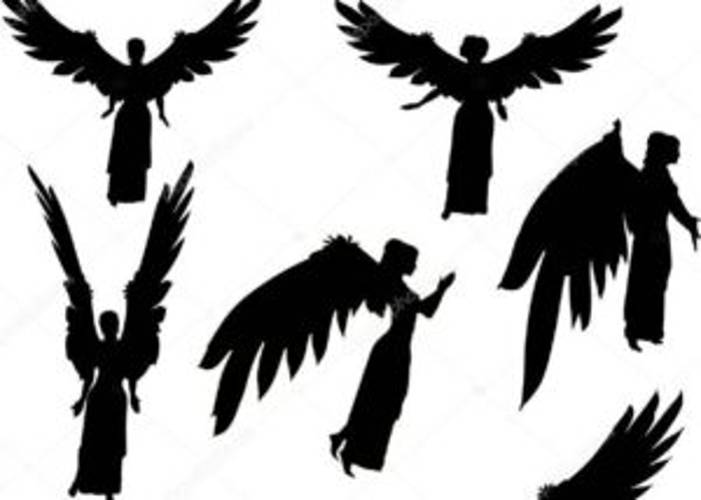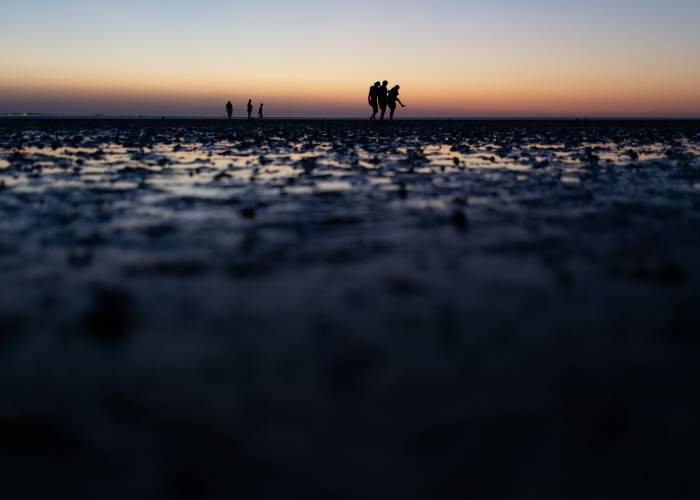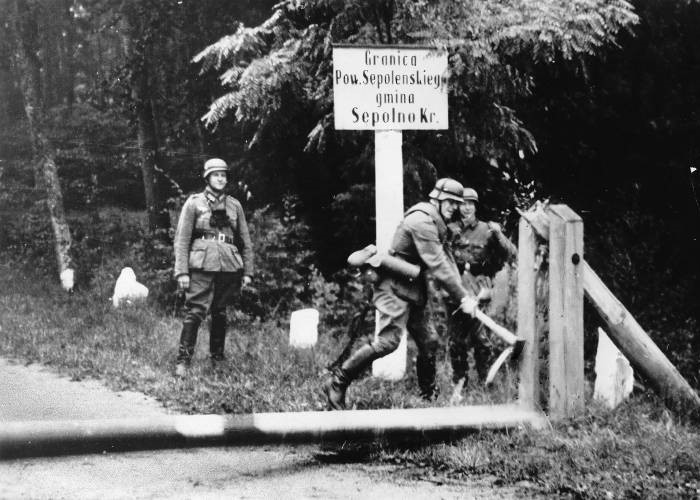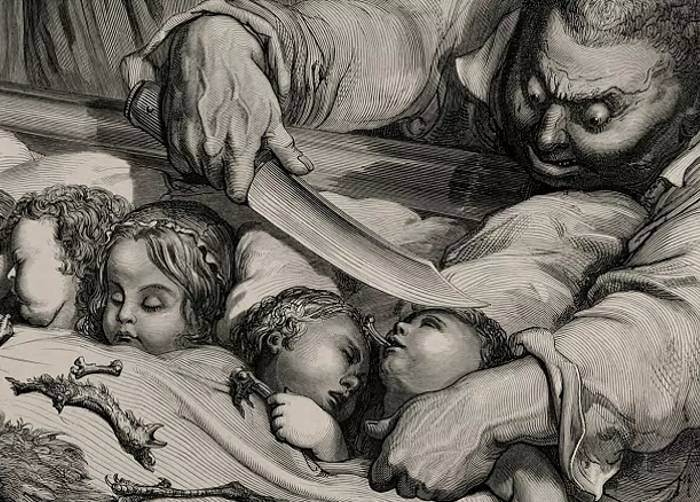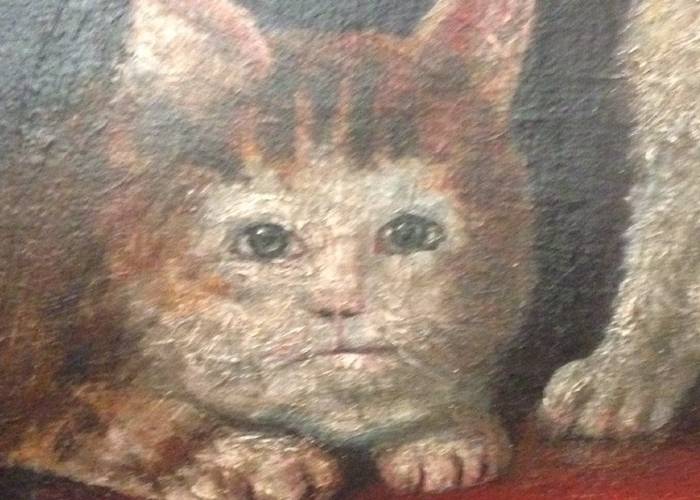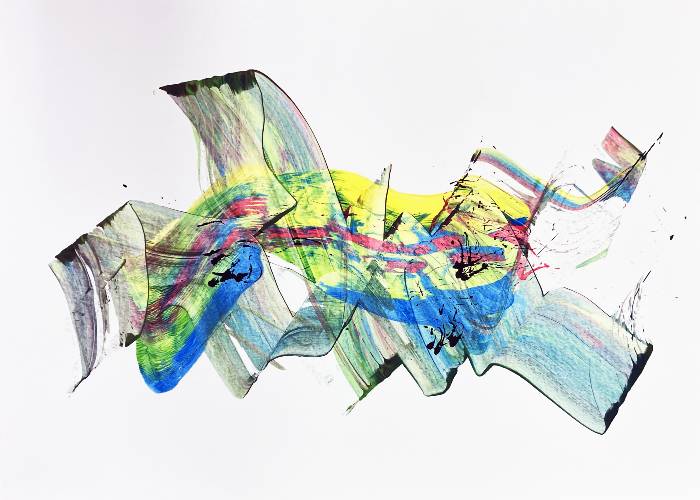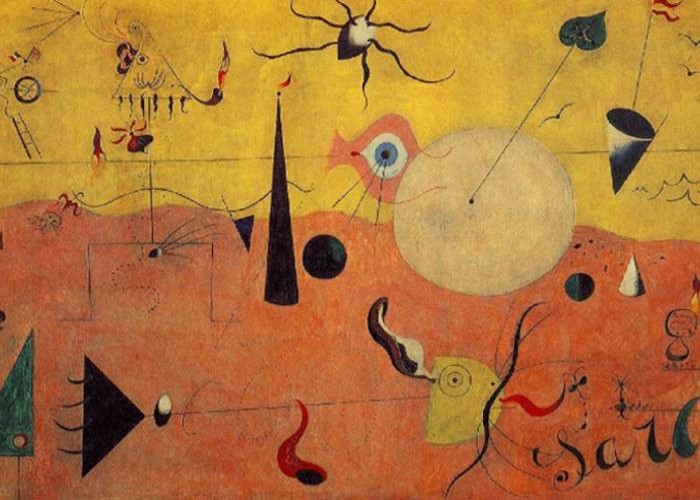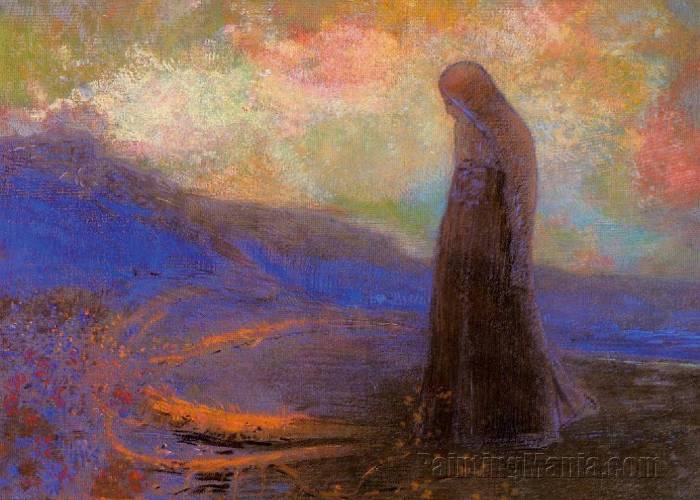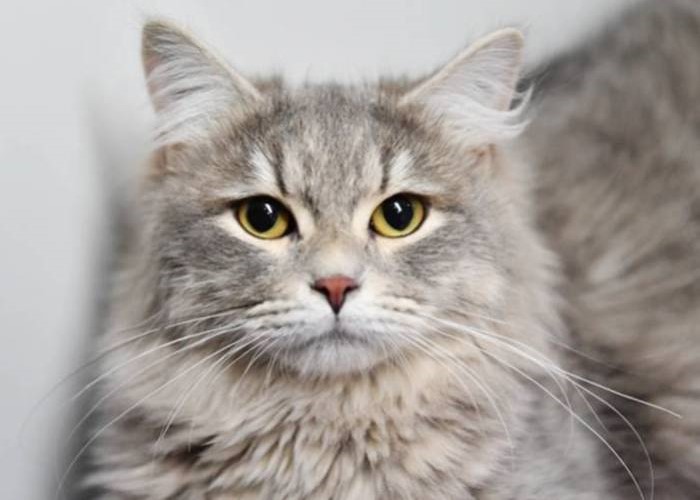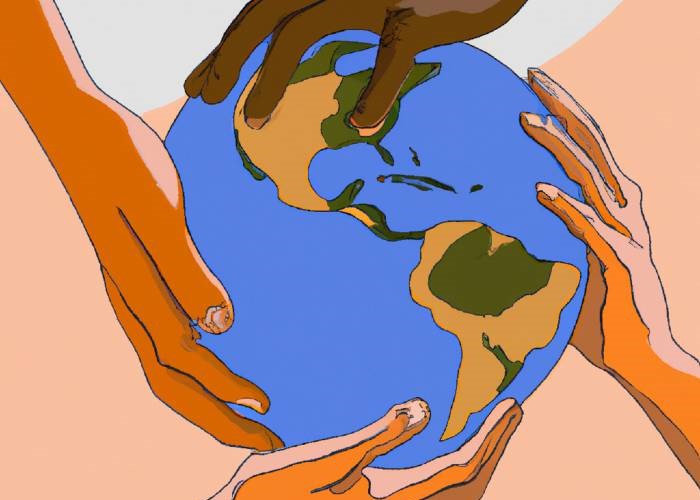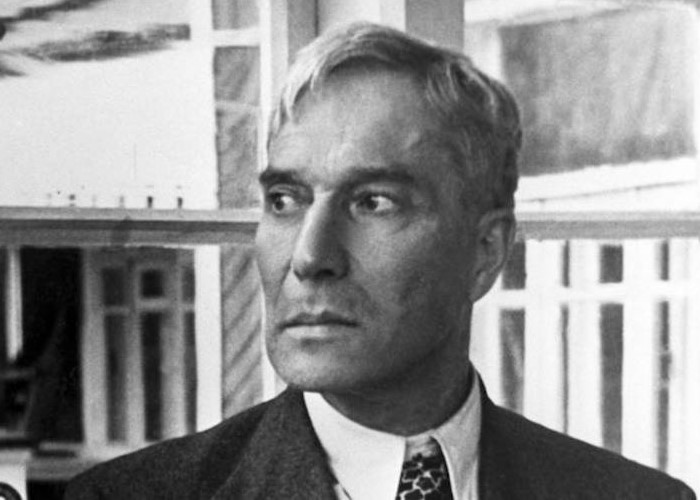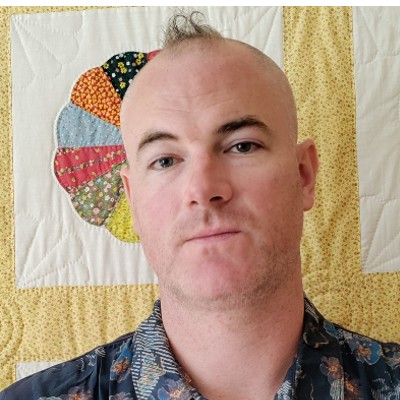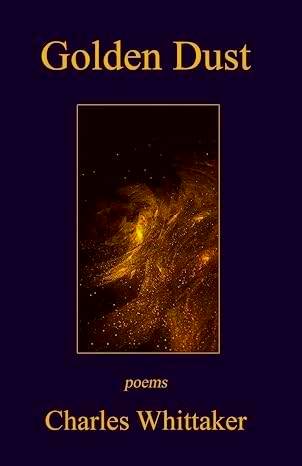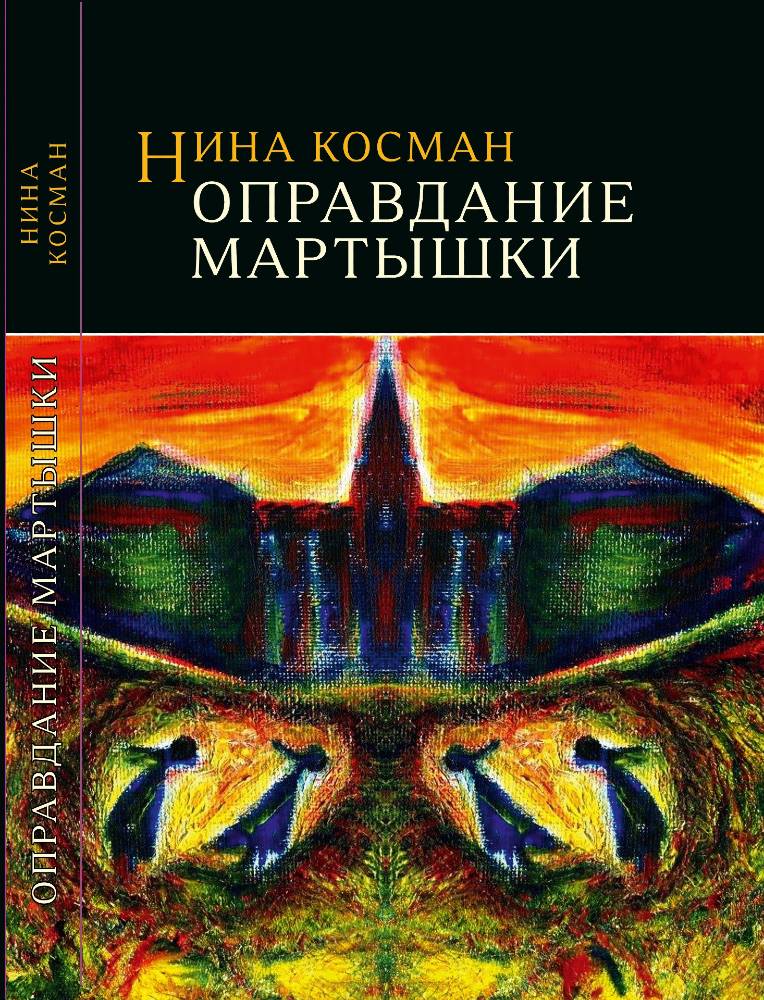Being famous is unbecoming.
It’s not the way to uplift your craft.
No need to start some kind of summing,
nor gush while gawking at your drafts.
The goal of creation? It’s dedication.
It’s not the buzz. It’s not success.
Meaning nothing, avoid elation
at being on people’s lips en masse.
You’ve got to live without imposture,
to live so that at the end of it all
there’s a love of space that you nurture
a skill for hearing the future’s call.
You have to leave any and all blind spots
within your fate, not among your pages,
passages, chapters, a whole life’s plot,
noted in the margins while it wages.
And immerse yourself in namelessness,
and hide some traces that you’ve been,
the way place hides itself in mist
when not one spark is to be seen.
Some others on their own life’s way
will cross yours, step in your footprints,
but you shouldn’t be the one to say
which ones are losses and which ones wins.
And not one single step should you
retreat from the being that you are,
but be, be alive, live through and through,
live through and through until you part.
The Original
Быть знаменитым некрасиво.
Не это подымает ввысь.
Не надо заводить архива,
Над рукописями трястись.
Цель творчества – самоотдача,
А не шумиха, не успех.
Позорно, ничего не знача,
Быть притчей на устах у всех.
Но надо жить без самозванства,
Так жить, чтобы в конце концов
Привлечь к себе любовь пространства,
Услышать будущего зов.
И надо оставлять пробелы
В судьбе, а не среди бумаг,
Места и главы жизни целой
Отчёркивая на полях.
И окунаться в неизвестность,
И прятать в ней свои шаги,
Как прячется в тумане местность,
Когда в ней не видать ни зги,
Другие по живому следу
Пройдут твой путь за пядью пядь,
Но пораженья от победы
Ты сам не должен отличать.
И должен ни единой долькой
Не отступаться от лица,
Но быть живым, живым и только,
Живым и только до конца.
